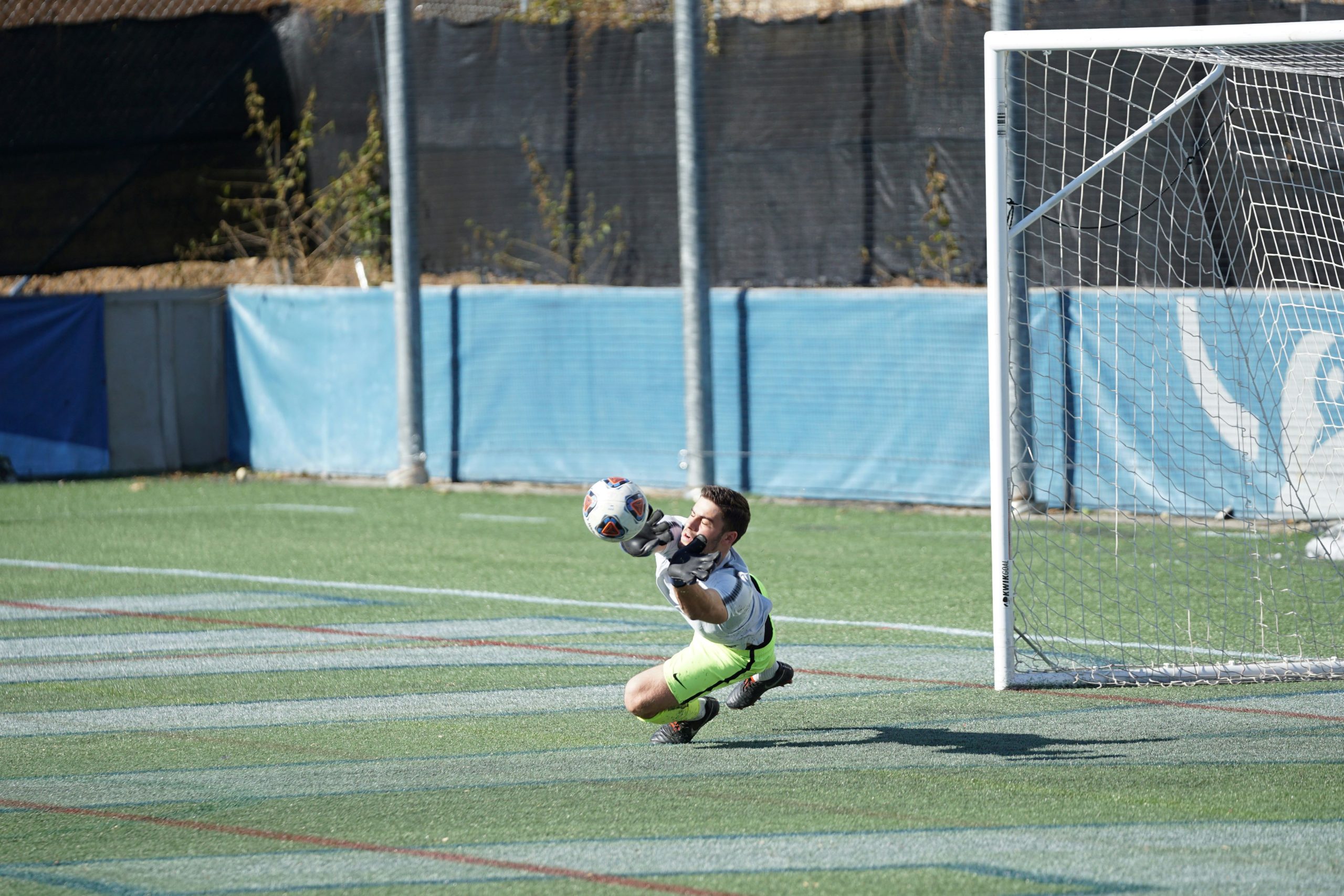Bruno Fernandes das Dores de Souza, more commonly referred to as Bruno Fernandes, has emerged as one of the most compelling and controversial figures in Brazilian football. Known for his prowess between the posts as a goalkeeper, Bruno’s career has been a mix of stellar athletic achievements and deeply troubling personal trials. Despite his complex past, his return to professional football has reignited discussions around talent, redemption, and the power of sport to offer second chances.

Born on December 23, 1984, in Ribeirão das Neves, Brazil, Bruno’s early days in football were marked by rapid ascent. He began his youth career at local clubs before catching the attention of major teams. His natural reflexes, commanding presence in the box, and leadership qualities quickly made him a standout. It wasn’t long before he wore the captain’s armband at a top-tier Brazilian club, Flamengo, where his contributions garnered national attention.
Brilliant Beginnings and Rapid Rise
Bruno’s time at Flamengo was particularly successful. He led the team to several victories, and fans admired his consistency and charisma. Nicknamed “The Wall” by some supporters, he played a vital role in Flamengo’s Campeonato Carioca victories and Copa do Brasil success. At the height of his career, Bruno was even speculated to be a contender for the Brazilian national team—a rare feat for goalkeepers at the domestic level in Brazil.
His potential seemed boundless, and he was viewed not just as a player, but as a long-term leader, a future legend of the Brazilian football scene. His performances were consistently impressive, and he rarely missed matches, showcasing his fitness, skill, and tactical awareness.

The Fall and the Path to Redemption
However, Bruno’s promising career took a catastrophic turn in 2010. He was accused and later convicted in connection to the high-profile murder case involving Eliza Samudio, a former partner. This shocking development abruptly ended his flourishing career and landed him behind bars, causing public outrage and a sharp fall from grace. His name was removed from team sheets, sponsors pulled out, and clubs distanced themselves from the once-prominent player.
After serving a portion of his sentence, Bruno was released on parole. While his return was met with heavy criticism, some clubs extended offers, sparking nationwide debates over whether a person with his past should return to professional sports. Bruno accepted contracts with smaller clubs and started the slow climb back into the footballing world.
Return to Football and Mixed Receptions
Bruno’s on-field performances upon return showed that he had not lost his technical edge. However, every match he played was overshadowed by his past. Supporters were divided—some advocated for forgiveness and saw his return as a story of redemption, while others protested, arguing that such actions should have permanent consequences regardless of athletic talent.
Despite the polarizing perceptions, Bruno continues to play, demonstrating resilience and commitment to his profession. His return has also contributed to broader conversations in Brazil and beyond about ethics in sports, rehabilitation, and societal values.
Legacy and Lessons
The story of Bruno Fernandes das Dores de Souza is unprecedented in many ways. It reflects the fragility of fame and the consequences of personal decisions. While many champions earn their legend status through consistent performance, Bruno’s legacy is far more complex, shaped equally by his athletic feats and personal fall from grace.
As of today, Bruno remains a contentious figure in the realm of football. Whether he will be remembered primarily for his goalkeeping skills or his tumultuous off-field life is yet to be seen. Nonetheless, his case serves as a powerful reminder of how sports can be both a stage for glory and a mirror reflecting society’s deepest dilemmas.

FAQ
- Who is Bruno Fernandes das Dores de Souza?
Bruno Fernandes is a Brazilian goalkeeper known for his early success with Flamengo and his later conviction in a high-profile murder case. - Which club did Bruno play for during his peak?
Bruno was the starting goalkeeper and captain for Flamengo, one of Brazil’s most historic football clubs. - Why is Bruno Fernandes a controversial figure?
He was convicted in relation to the murder of Eliza Samudio, which halted his promising football career. His later return to the sport reignited public outrage and debate. - Has Bruno returned to professional football?
Yes, after serving part of his sentence, he returned to play for smaller clubs, facing both support and criticism. - What impact has his story had on the sports world?
Bruno’s case has opened discussions on rehabilitation, ethics in sports, and how society should address criminal behavior among public figures.
